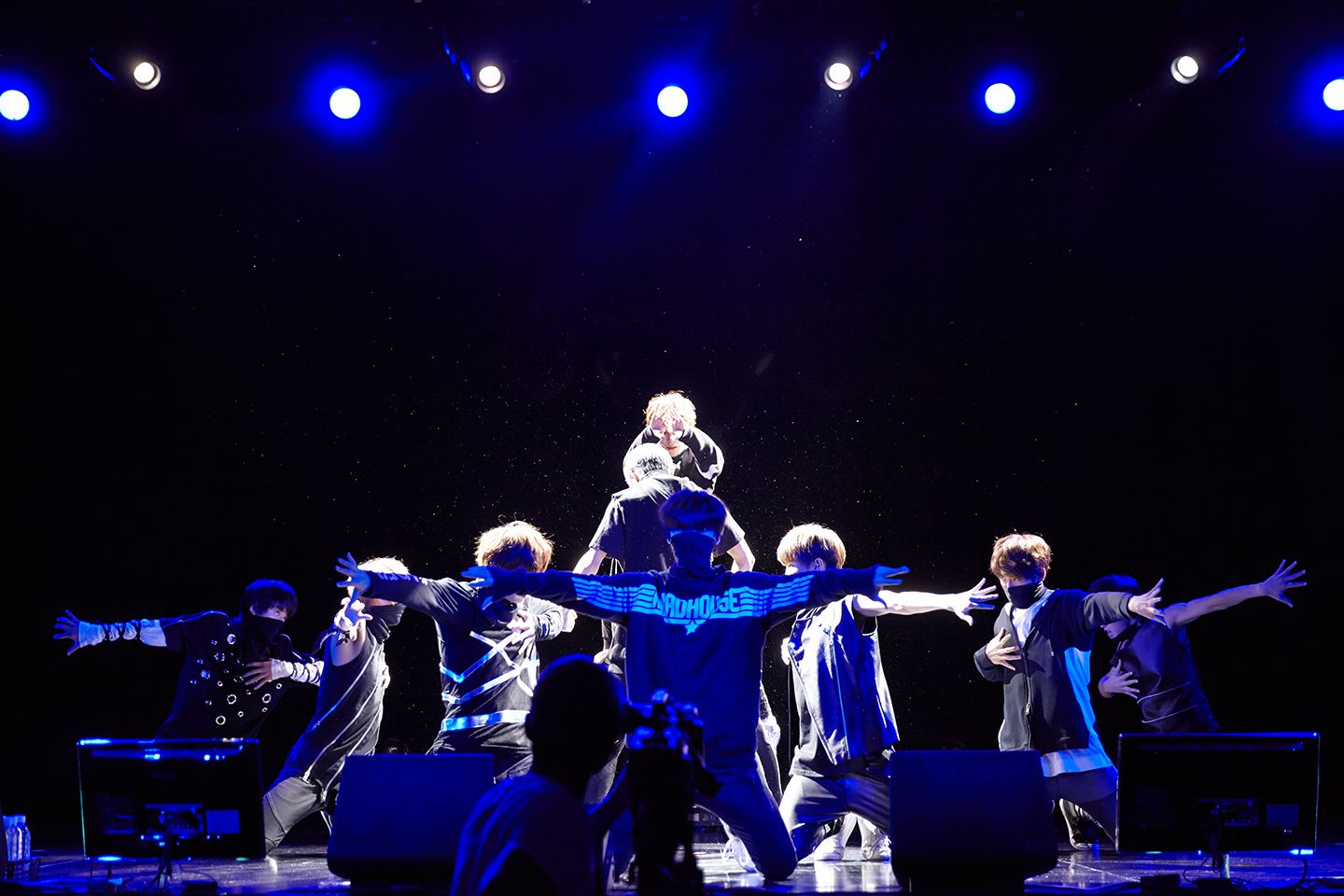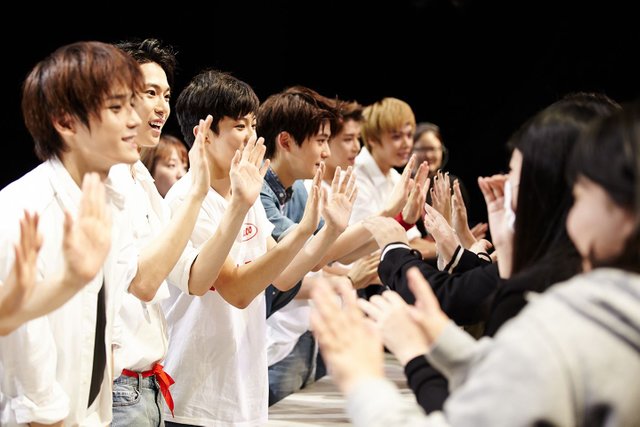K-pop: More than a genre
I often hear that K-pop, also known as Korean Pop music, is something “weird” or “immature” and people don’t want to even listen to it because they don’t understand what they’re saying.
Not only it has influenced South Korea’s economy thanks to the Hallyu Wave or Korean Wave, which is the increase of South Korea’s culture popularity by exporting music, TV dramas and movies. Even more than that, K-pop is filled with talented and creative artists who use their music to connect with people from all around the world.
If you want to know how K-pop works, then let's get into it!
System
K-pop artists tend to sign with their management company when they’re 15-18 years old, or even younger. They leave their families, friends and even their studies behind just to pursue their dreams of becoming performers. After that, they have to go under a training process that usually lasts 2-5 years and then, only some of them make their debut since there are lots of “trainees” and the competition is too strong. They are taught how to sing, dance, rap or act and they usually spend 5-10 hours practicing.

(SMROOKIES SHOW. Image source: SMTOWN)
Choreographers, vocal coaches, stylists, accommodation and living expenses are just some of the items on the bill that companies have to pay in order to train them. Later, the agency regains its costs when idols debut but there is almost nothing left for the artists since most of their earnings go to the staff.
The synchronized dance moves, perfect vocals and spectacular wardrobes don’t just cost money but they also cost time and idols’ mental and physical health.
Daily life
Lack of privacy, extreme diets, packed schedules, the pressure of not knowing if they are going to be successful or not and public judgment are waiting for K-pop idols to debut to tear them down.
Some of you might think “But those are things that every famous person goes through” and that’s correct. However, K-pop idols go from singing in a music show to another one, give interviews, make appearances in variety shows and then leave to practice again; All of that (and more) in just one day. They barely have time to sleep and they have to look after what they eat so that they can maintain their shape since beauty standards in South Korea are too strict.
On top of that, some fans always follow them and it doesn’t matter the place because they even try to broke in where their favorite idols live. They call to their phones at night, they get jealous if they are in a relationship, they send them death threats or they spy on them. The sad part about this is that idols usually can't show any trace of discontent whenever something happens because people will hate on them.

(SMROOKIES SHOW. Image source: SMTOWN)
Moreover, the K-pop industry is very market-based so companies use their artists as their commodity. There are times that I think they don’t see them as humans but as living dolls that gives them money. So they often force them to do what they want and push them to their limits (mentally and physically speaking).
Since there's more to discuss, I'll leave it until here and upload the second part soon. Thank you for reading!
Un género que aporta mucha variedad a la música! Buen post